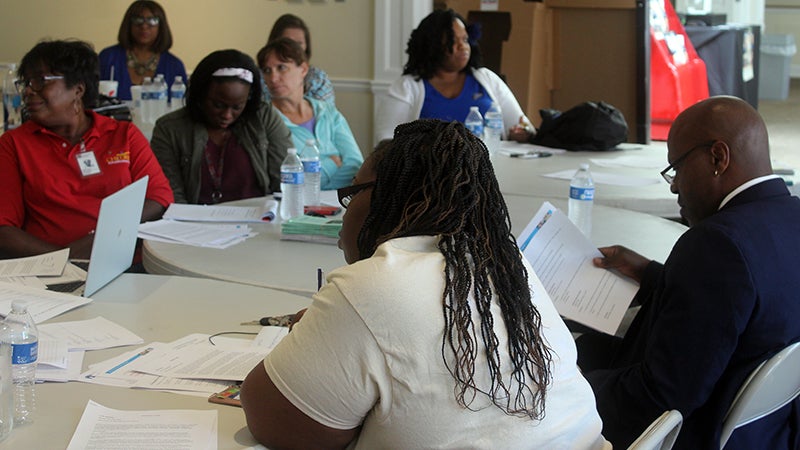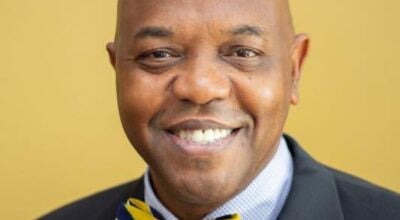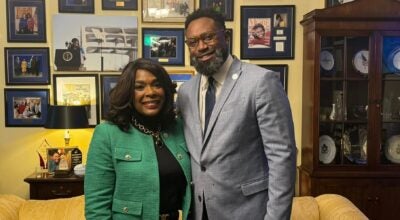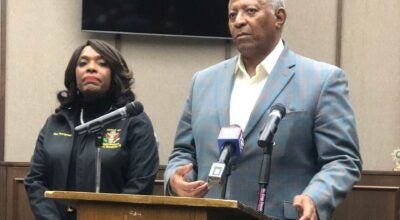Anti-poverty group irons out agenda
Published 2:52 pm Friday, August 16, 2019
The crowd had grown since the last meeting of the informal group working to tackle poverty and homelessness in Selma and Dallas County last month, which gathered Friday for August’s Anti-Poverty and Homelessness Roundtable at the Walton Theatre.
The effort is the continuation of an initiative launched in 2016 and, for the most part, the group is using that earlier effort as a blueprint for its ongoing crusade in the area.
Felicia Jackson, Executive Director for the Alabama Rural Coalition for the Homeless (ARCH), alongside Selma Center for Nonviolence, Truth and Reconciliation (SCNTR) Executive Director Ainka Jackson and Selma Municipal Court Judge Major Madison, has spearheaded the effort, which is now bolstered by the involvement of local church leaders, social workers, concerned citizens and more.
One of the primary goals following last month’s meeting was to establish a comprehensive list of services available to people living in poverty or battling homelessness in the area and, to that end, the group was successful.
“This is a great starting document because we have not had this,” Felicia Jackson said.
A four-page list of resources detailed a variety of services available to people in need of housing assistance, meals, food and more, including the Edmundite Missions’ food and utility assistance programs, the American Red Cross’s hotel vouchers, Children’s Rehab Service’s medical services and more.
Further, the document detailed some of the programs offered by ARCH that can assist people both temporarily and permanently with housing, but Felicia Jackson stated that there is a need for local landlords to get on board for the programs to of use locally.
The Rural Housing Stability Assistance Program (RHSAP) is a “rapid rehousing” program aimed at homeless individuals and families with an eye toward preparing them to provide for themselves – the program can pay the deposit on a home, up to three months of rent and the final rent payment for eligible people.
“It’s a wonderful program,” Felicia Jackson said. “It’s really an economic boost for landlords with available properties.”
Another of ARCH’s programs, Permanent Supportive Housing, is aimed at providing permanent housing and support services to people with disabilities struggling with homelessness – the program pays 100 percent of the person or family’s rent and up to 100 percent of the home’s utilities.
The resource list will have to be worked on further, Felicia Jackson noted, as eligibility requirements should be included and other group stakeholders need to be contacted in order for the list to be as comprehensive as possible.
Felicia Jackson stated during the meeting that there has been a lot of time invested in developing a strategic plan and guiding principles for the group, though an older mission statement heralding the group’s intent to provide “fair and equitable” opportunities for all people in need seemed to be the working mantra of the day.
Ainka Jackson praised the fact that so many local organizations have been involved with the working group, noting that earlier efforts to establish a homeless shelter or coordinate resources had failed because it was a task too large for one person or one organization to take on.
“It’s not that people’s hearts weren’t there,” Ainka Jackson said. “It was the lack of collaboration that did it.”
Right now, she said, the group is getting the “puzzle pieces together” to bring such a grand vision to life.
Likewise, Madison praised the work ethic and motivation of those in attendance.
“A caring community is a sharing community,” Madison said. “This is something I love – I love just being involved.”
That “caring community” has a lot of people in need, according to Felicia Jackson, who noted that in the last week more than 20 people from Dallas County had reached out for assistance, four of which were living in public housing, another seven of which reported living in cars or similar spaces and the rest of which were facing eviction.
Felicia Jackson noted that, often times, there are several pages of requests for service from Dallas County.
The group made available to all members the application required to receive service and discussed the need for all local resources to be added to the 211 registry, a service offered through the United Way to provide a point-of-contact for people in search of assistance.
Madison also noted that, alongside homelessness, he is mot concerned with substance abuse and mental health issues.
“I see all of it on a weekly basis,” Madison said. “It’s all interrelated and it’s impossible to separate it.”






